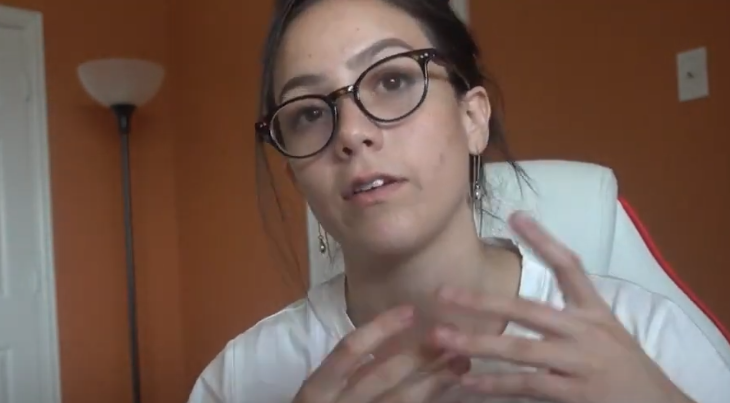
13 Ways To Make Money With A Patent
13 Ways To Make Money With A Patent
Most people think that when they file for a patent, they can make a lot of money from the patent. However, statistics show that only 2% to 10% patent holders make money off their patented work. Given the high cost of patent application and attorney fees, it is likely that most people suffer a loss of their patented products. However, some generate money from their inventions. Here are a few ways you can also make money from your patented work.
- Sell your patent
You may have applied for a patent because you knew you could develop the product to become a household product. However, too much work and expenses might be needed to develop and market the product. In such a case, you can consider selling the patent to an interested buyer. When you sell, you are guaranteed quick payoff for the invention.
- Licensing your rights
You can choose to license the right to use, make or sell the invention. This is a profitable route as you remain the owner of the product, but you get to earn royalty payments on the future sales of the invention. You can give an exclusive license to one or many firms.
If you choose to sell or license your rights here are ways to get the potential buyer or party who might be interested in the invention:
- Direct contract
Make a list of the potential users or manufactures of your product. You can get contacts of such people from the yellow pages or visiting company’s websites. Contact the company as a product developer and request for a face-to-face meeting with the product or sales manager. This is a good option if you have a patent so that you can ask the company to sign a non-disclosure agreement.
- Trade shows
You can note the trade shows or invention shows in your area and attend them. You might be lucky and meet individuals or companies who might be interested in your product.
- Advertise
You can buy space in trade publications and magazines for inventors to advertise your new product to potential buyers. The US patent trade office has a gazette that publishes inventions, and you can advertise your product in the gazette for a small fee.
- Venture capitalists
Venture capitalists can give you funds to launch your product and give you the right guidance to ensure your product is a success in the market.
- Patent websites
Many firms have sites on the internet for inventors to advertise their patents for sale. Some of the organizations might charge a fee, but others do it free. Others only require the money if the patent is sold. Before posting your invention, be aware of scammers and check rogue invention sites from the United Inventors Association.
- Brokers
You can seek the services of a broker who will market your invention and receive payment once the invention is sold. The payment can be in the form of a percentage of the sale or royalties. Reputable brokers will never seek the payment in advance, and you will only be required to pay them once the sale is made. Again, check any company or broker before using their services from the Better Business Bureau and the United Inventors Association
- Assign your invention to another entity
In some cases, you can assign all the rights to your product to another party for a lump sum. You can also give your patent application to another individual or company and give the entity full control of the invention once the application is approved. Even works that have not been filed with the U.S. Patent and Trademark Office (USPTO) can be assigned.
- Cross-licensing
In some instances, an inventor or inventing company can trade the license with other inventors or organizations. This is referred to as cross-licensing and often is done when the product needs other patented products so that it can function successfully.
- Inventions for hire
An employee can profit from works made from company resources or on company time, but this will depend on the contract of employment. In some cases, if the inventor invents a product in the course of his or her employment, the employer might require the inventor to assign all the rights to him. However, many firms in a bid to hold on to the inventors will give out rewards or bonuses for new inventions.
In some circumstances, the employer may receive a shop right especially if the employer resources, materials and time were used to create the invention. Shop rights allow the employee to retain the invention rights, but the employer can use the invention and does not have to pay the employee.
- Seek funding
If you need some capital to get your product on the market, you can seek funding to make the product profitable. There are government departments that have funding for research. You can seek such funding in the form of small business loans or through educational institutions. An inventor can visit such websites to see if their invention qualifies for funding under the different categories.
- Use a working prototype
Sometimes a working prototype might be worth millions. If you can prove the concept behind your invention, you can get investors to buy into your idea. It may not be as attractive as the final invention, but the prototype should show that it can meet the purpose it was built for and it is profitable.
In conclusion, owning a patent will not guarantee you of income or profits from your many years of hard work. To profit from your idea, you can use the above methods. However, you can also seek help from professional firms such as Panda Patent who can help you profit from your invention.


